Hood had introduced Angelo to him some ten years before and Wulf had come to love the man as a brother. Angelo’s homeland was the South Swamps. Born in the Nation of the South, he was raised in a shack in the swamp by his maternal grandmother, a tiny grizzled Creole medicine woman. He loved the people of the bayou country but left when his grandmother died, leaving him with enough money to attend college in the cities of the URAC. Once there, he lost himself in the books of the mammoth institutions of higher learning.
He was a fine musician, master of the stringed instruments, and stayed up many a night trading riffs with Wauchenen Chau, Wulf’s twenty-three-year-old son and Mahchic Tahlak, Chau’s twenty-year-old brother. These three composed a ballad and came to Wulf for the words. Wulf joined them and they made a fine song in memory of the passing and the wake of Hood. They lost all sense of time as they labored to create a bridge to the chorus of the piece, a gentle but aggressive blending of white man’s blues and intricate jazz pics of Angelo’s device. These are the words of the composition:
The Nomad
See, they ride the steel wheel dragons
to the final rendezvous
and the tears freeze to their faces,
they go ridin’ two by two.
Captains take the black car,
then all the brothers come.
The last steel dragon rider,
he come ridin’ one by one
but he come ridin’.
And through the iron gates of madness,
as the Nomad comes to be,
he cries, “By God, I’ll find the man,
his blood will set you free!”
Sends the digger on his way,
“We bury our own, old son.”
His hands will bleed the winter,
he come ridin’ one by one
but he come ridin’.
You can’t replace a brother,
can’t even say goodbye,
when someone’s steel destroys him,
their cannon make him die.
He becomes the stuff of stories,
as all his brothers mourn.
And a lone steel dragon rider
rides into the storm
but he come ridin’.
To be a part, yet set apart,
the Nomad stands alone.
He rides across the country,
his dragon is his home.
When a brother needs a helping hand,
he’ll ride straight into the gun.
Because he is a Nomad,
he come ridin’ one by one
and he come ridin’.
Wulf growled the lyrics while Angelo, Chau and Tahlak set fire to the music. Angelo thrilled Wulf’s sons and daughters with tales of swamp beasts and a misty white and horned horse-creature, the hero of many of his wild tales. Wulf loved to write and his prose and meditations were an integral part of many of the Cave of the Dark Heart’s ceremonies. Angelo was a master storyteller and it was a fine thing when they journeyed directly from the music of Wulf’s words into the mysticism of Angelo’s lively tales as they did on this night.
Though he and Angelo were very close, Wulf was fairly sure one of and possibly the main reason the Cajun had decided to winter in the Cave of the Dark Heart was the presence of the alluring Lylia from the Twin Tongue People of the Healing Forests. She was much like a mystical creature herself, dark and secretive, long-legged and mysterious. Wulf was in love with the deep blue of her eyes and thought her to be the most beautiful woman-child he had ever laid eyes on. At nineteen she had yet to celebrate the first score of her birth of years but carried herself with a dignity and composure beyond the realm of years, the passing of time.
Wulf had accepted her and her healing powers and herbs as collateral against payment of a debt owed to his tribe by her mother, Cathedra, matriarch of the Tribe of the Twin Tongue. Lylia had lived in his cave for almost two years, teaching his children the rhythm of her dark danse, tending to her garden of healing herbs. She became as close as a sister to Wulf’s sixteen-year-old daughter, Gol Te Tahlak, whose own mother had died giving birth to his youngest daughter, ten-year-old Hy A Lea.
Wulf nurtured Lylia as a daughter. Lately though, his wife had become jealous of his attentions to the girl, his children aware of subtle differences in the way he treated the dark-haired gypsy they had all come to love as they loved one another. Wulf taught her and Golte the basic disciplines of the Temper of the Dragon and the Dark Blood of the Heart of Man, just the beginnings but the girls showed great promise and interest in the ancient arts. He had even taken Lylia through the primary stages, into the complicated discipline of the Karmas. He saw her as a warrior female, a huntress perhaps, a future woman of the See. He had no idea where his wife, Lenore’s attitude was coming from or how she came up with her jealous ideas, however...
There was an air of smoldering sexuality about the girl. He could not deny a primal stirring of the loins nor a profound sense of jealousy when he caught her eyes of liquid lavender laughing and crying at Angelo’s mournful ballads and madly entertaining swamp and bayou stories. Wulf spoke to Angelo of the beginning of a rhythm he sensed between them. Angelo was reluctant to commit himself, claiming that men knew little of such things. “‘Tween you an’ me, I be takin’ my time on dis one! She be a ver’ dangerous female, lookin’ lotta dif’rent places.”
Wulf concurred, “I believe I know what you mean, my friend. It is best to maintain a rational mindset in affairs of the heart whenever possible.”
The two men, feeling a bit uncomfortable and very much out of their element, agreed to let nature take its course across the coming long winter nights. If Lylia’s attraction to Angelo appeared to grow and Angelo found her of agreeable temperament, he and Wulf would mike make an arrangement in the spring. Wulf suppressed a deep and abiding sense of sadness and even anger that the princess of the Twin Tongue, his willing hostage, high priestess of the danse, his daughter... No, she was not his daughter, she was something entirely different from a daughter, that she might find love and leave his cave cold, as it was before her arrival. He bit his lip thinking that it would indeed be a long cold winter and, in his case, it might just last forever.
Wulf soon found that the ambitious Angelo had many plans for the long days and nights of the coming winter. These plans went far and wide of the dark and mysterious Lylia. They were down-to-earth, having to do with Wulf and affairs-of-state. It troubled Wulf greatly that his perception could be so clouded by the aura of this young woman. What magick did she possess? What did that look of amusement in Angelo’s eyes whenever they spoke of her mean? It was as if there was a secret joke being played on Wulf. All those close to him acted as if they knew something about him of which he was unaware. He attempted to shake the feeling off, to push her from his thoughts, her eyes laughing and her lips.

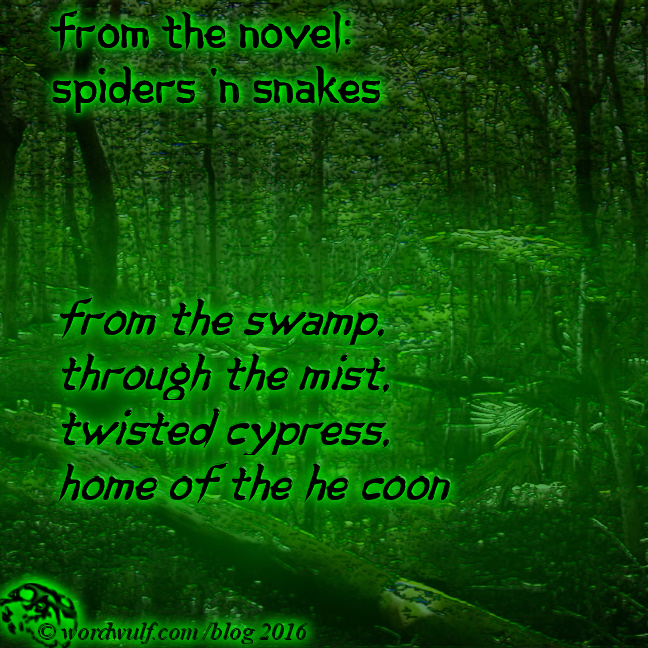
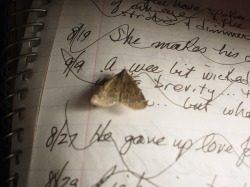
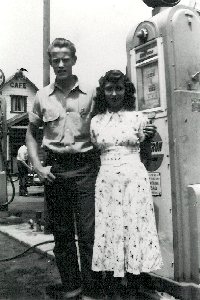
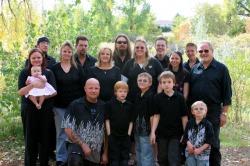

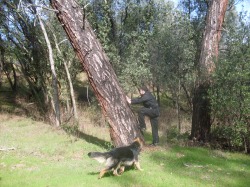
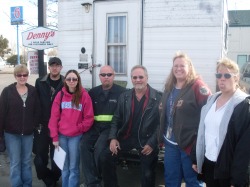
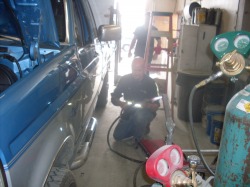

 RSS Feed
RSS Feed